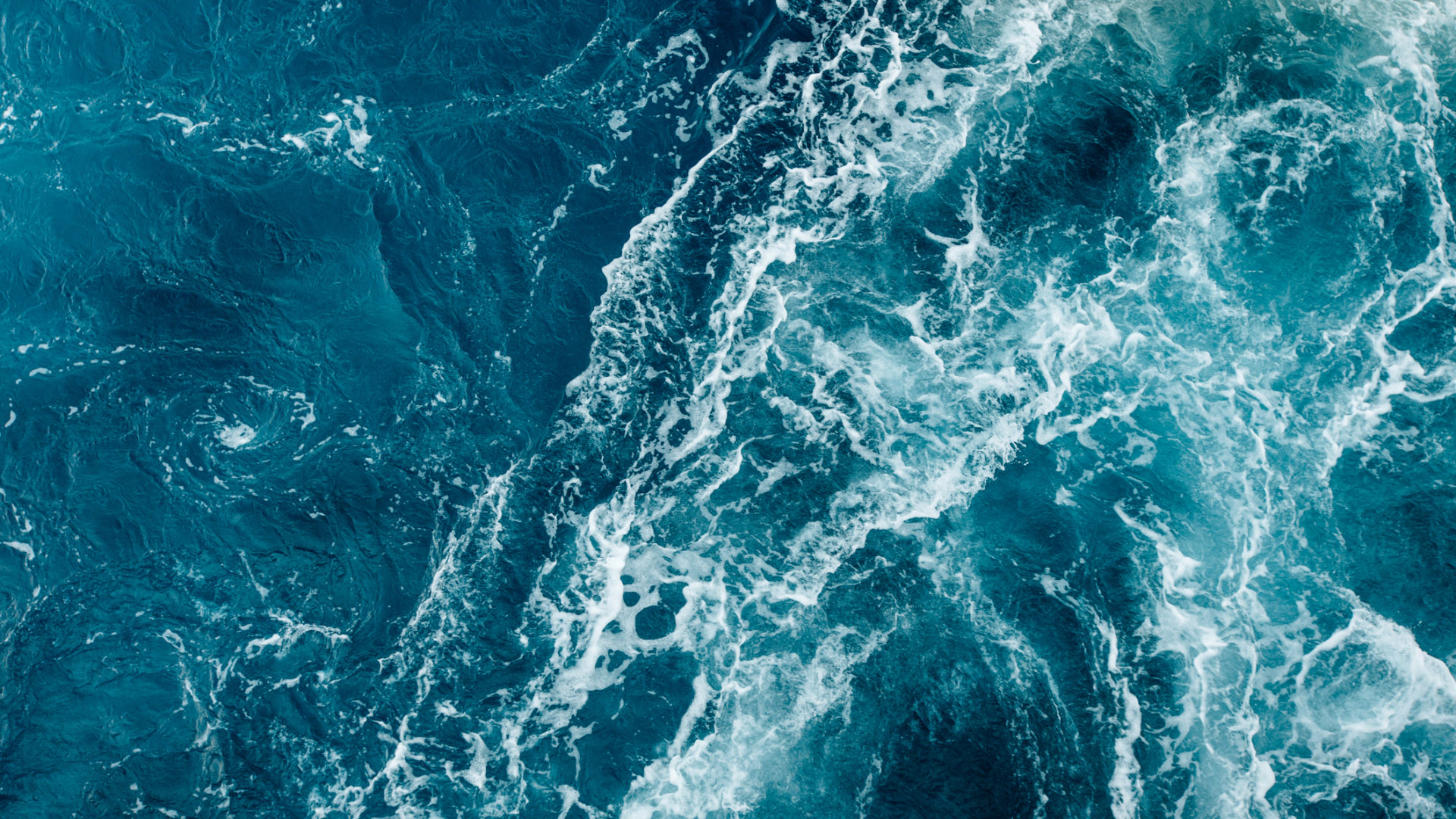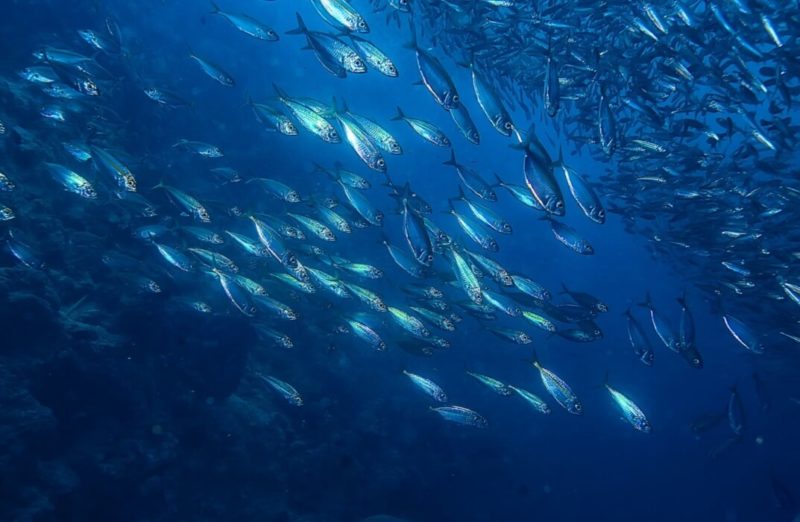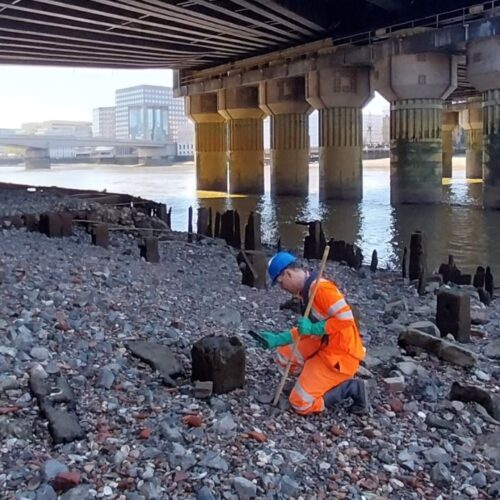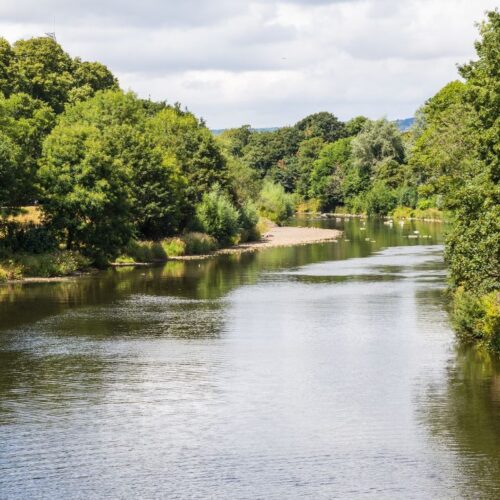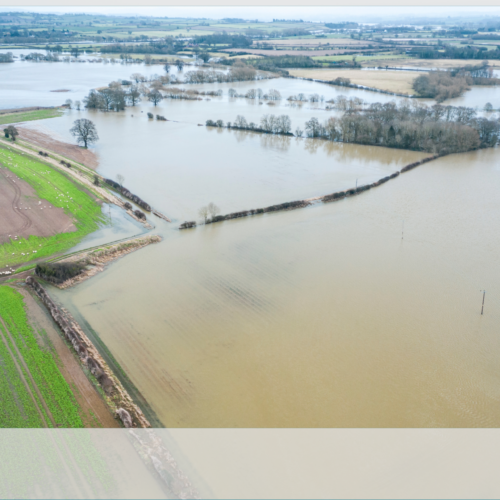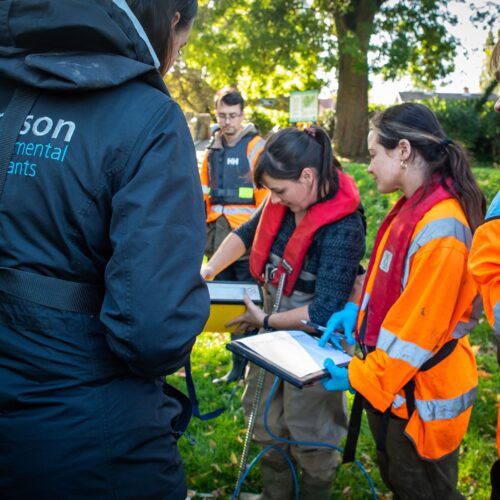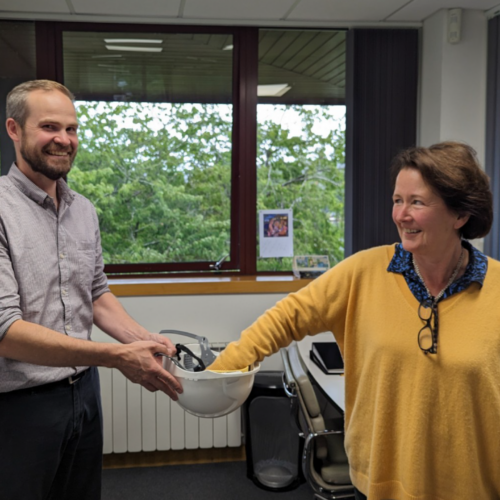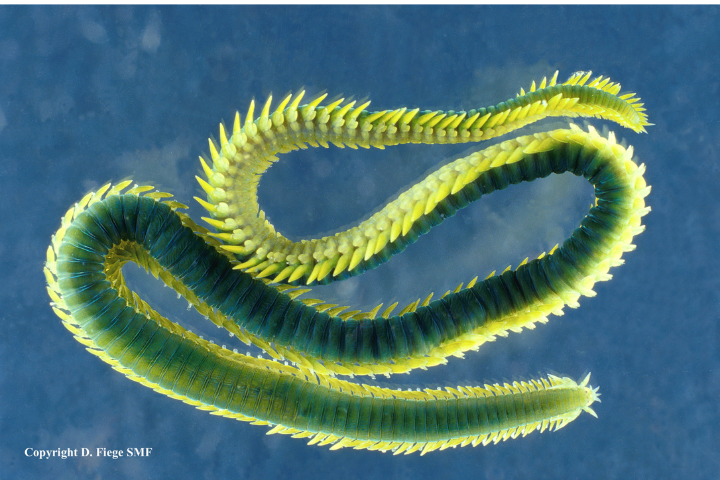In 2016, the United Nations (UN) presented the first World Ocean Assessment. It brought no good news, showing that barely a single corner of the ocean has escaped the impact of human actions, and we were running out of time to start managing the ocean sustainably. A year later, in 2017, the UN announced the UN Decade of Ocean Science for Sustainable Development, 2021–2030 (The Ocean Decade1) with the motto “The ocean we need for the future we want”.
We need the ocean, indeed; 71 % of the earth’s surface is covered by it, and it provides a wide variety of fundamental services we all rely on, such as food and oxygen supply, and heat buffering. Three billion people depend directly on marine and coastal biodiversity for their livelihoods, making the oceans one of the most important sources of economic and social wealth. We are highly dependent on the oceans, not only for basic necessities but for many other activities like goods transportation across the globe and energy generation (gas, oil, sea-based wind turbines, wave and tidal power)2.
Despite the ocean’s importance for the economy and human health, ocean related research receives less than 2 % of national research budgets on average3. Consequently, we still have huge gaps in our knowledge. For example, 99% of habitable marine areas lack basic biodiversity assessments for their management4. Meanwhile, the burdens on the ocean increase every year, due to stressors such as climate change, biodiversity loss, and plastic pollution.
Despite this dire outlook with seemingly insurmountable problems, the UN has the conviction, based on scientific data, that there is still time to reverse the damage. From this belief the Ocean Decade was born, aiming to generate the scientific research needed to fill our knowledge gaps, to enable the sustainable management of ocean resources and restoration of ocean health.
What is new and most important about the Ocean Decade is its unprecedented scale and unified framework that provides nations with the opportunity to share knowledge and technology. This should allow ocean science to support all nations in achieving the UN’s 2030 Agenda for Sustainable Development (2030 ASD). Sustainable Development Goal 14 (SDG 14), one of the 17 main objectives in the 2030 ASD, aims to “conserve and sustainably use the oceans, seas and marine resources for sustainable development”.
Although the Ocean Decade will set no policy, it will build scientific knowledge and research capacity to accomplish SDG 14. With such an ambitious global agenda, the Ocean Decade needs to engage a wide range of stakeholders including the ocean science community, policymakers and practitioners, and the public. The response to its call has been remarkable since the beginning; countries have been setting up their National Decade Committees, thirteen countries are already institutional members of the Ocean Decade Alliance, and sixteen heads of government or state are members of the High-Level Panel for a Sustainable Ocean Economy.
UNESCO’s Intergovernmental Oceanographic Commission (UNESCO-IOC), the UN body for supporting global ocean science and services, is coordinating the Ocean Decade. In 2021, under UNESCO-IOC command, the first set of the Decade Actions were officially endorsed. These actions are mainly state-of-the-art ocean research, selected for their focus on solutions and ability to fast-track the generation of ocean knowledge, particularly for addressing sustainable development. Projects like “Coastal monitoring of Wetland Biodiversity and its Habitats” in India and the “Global Litter Observatory” are just two examples of the endorsed actions, which are all listed on the Ocean Decade website1. These first actions are expected to do more than deliver specific results, they will generate new opportunities and inspire new actions.
The Ocean Decade is open to everyone simply by signing up to ‘The Ocean Decade Global Stakeholder Forum’1. Through this platform, any interested party can submit ideas for Decade Actions, find and engage with partners to develop projects, discover opportunities for training, partnerships, career development and much more.
The starting gun has been fired, the first year of the decade is already over and it feels like there’s a lot left to do. UNESCO-IOC are due to publish their next Global Ocean Science Report in 2025, which will include a mid-term review of the Ocean Decade, along with an evaluation of the impact of COVID-19 on the ocean sciences sector, which has undoubtedly hampered progress a little, at least. However, with so many stakeholders focussed on the actions and desired outcomes of the Ocean Decade, there is hope that this decade will culminate in sufficient global knowledge and technology to allow ocean resource management that satisfies society’s needs while preserving ocean health.
[1] https://www.oceandecade.org
[2] https://www.un.org/depts/los/global_reporting/WOA_RPROC/Summary.pdf
[3] https://en.unesco.org/news/new-unesco-report-voices-concern-over-inadequacy-funding-ocean-research
[4] https://unesdoc.unesco.org/ark:/48223/pf0000261962
